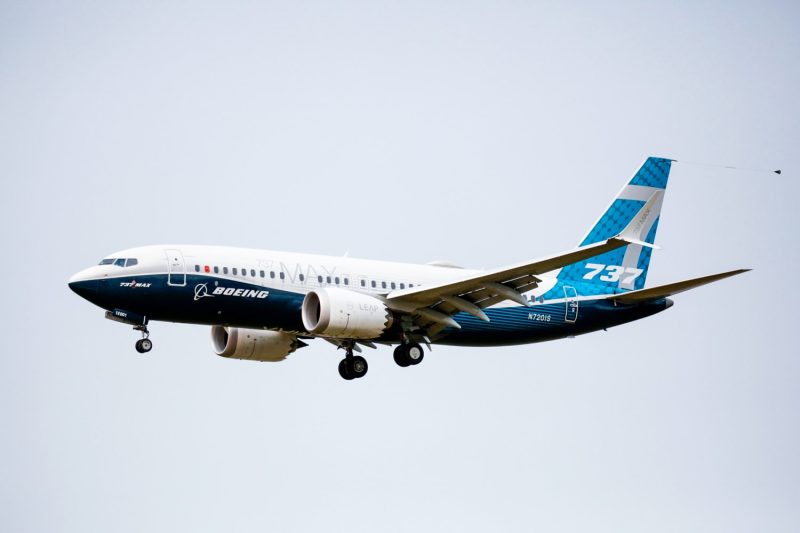In a recent turn of events, the court has rejected the plea deal put forth by Boeing regarding the 737 Max crashes that shook the aviation industry. The decision was met with mixed reactions and has sparked debates on accountability and justice in the wake of tragic aviation disasters.
The plea deal proposed by Boeing aimed to resolve the criminal charges brought against the company for its role in the two fatal crashes involving the 737 Max aircraft. The crashes, which occurred in Indonesia and Ethiopia, resulted in the loss of 346 lives and raised serious questions about the safety of the aircraft and the oversight measures in place.
One of the key elements of the plea deal was Boeing’s agreement to pay a substantial fine and accept responsibility for its actions leading to the crashes. However, the court’s rejection of the deal indicates a growing demand for more stringent accountability measures and a desire for justice to be served in a transparent and unbiased manner.
Critics of the plea deal argue that accepting monetary fines without addressing the systemic issues within the company may not be sufficient to prevent similar tragedies in the future. There are calls for a thorough investigation into Boeing’s internal processes and safety protocols to identify and rectify any shortcomings that may compromise the safety of its aircraft.
Furthermore, the court’s decision to reject the plea deal sends a strong message to corporations that they cannot evade accountability for their actions, especially when human lives are at stake. It underscores the importance of upholding safety standards in the aviation industry and holding companies responsible for any lapses that result in catastrophic consequences.
The families of the victims of the 737 Max crashes have been vocal in their pursuit of justice and have welcomed the court’s decision to reject the plea deal. They hope that this setback for Boeing will lead to a more thorough investigation and a more robust accountability process that prioritizes safety and transparency.
In conclusion, the court’s rejection of Boeing’s plea deal tied to the 737 Max crashes highlights the need for greater accountability and transparency in the aviation industry. It serves as a reminder that safety should always be the top priority, and any compromises in this regard must be met with severe consequences. Moving forward, it is essential for companies like Boeing to prioritize safety measures and ensure that similar tragedies are prevented in the future.
